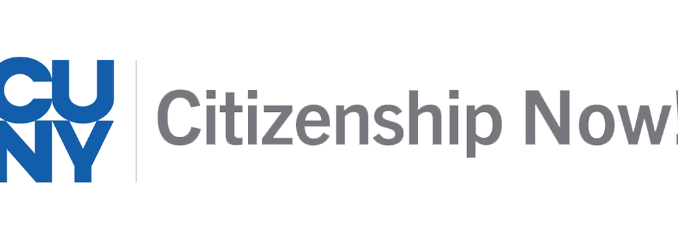
BY ALFONSO ABREU
In response to the deportation of nearly 200,000 people by the Immigration and Customs Enforcement (ICE) the City University of New York, launched a Immigration Assistance Project (CIAP) which held a zoom meeting on, September 9th, to inform the community on federal immigration policies and the resources available.
The webinar’s moderator, Monique Francis, the Interim Executive Director of CUNY’s Citizenship Now service said the project is “a free legal resource for impacted members of the CUNY community who have been affected by the policy and executive orders that have come out since January 20th.” The organization provides for counsel in areas such as international or domestic travel, immigration interview preparation, loss or change of immigration status, and termination of immigration statuses, to name a few.
Citizenship Now specializes in assisting undocumented students and families in securing their U.S. citizenship.
Francis was joined by two attorneys from Citizenship Now, Elinor Drucker Rahmani and Shawn Rahman. Rahmani went into depth on the many ways they can help, “We provide support and orientation to CUNY students, faculty, and staff who were detained,” she said. “We can help you locate and provide information on how to contact the person who is detained, we can provide information on detention and the court process, we can also provide information on how to prepare for a bond hearing or securing a bond, if applicable,” she added.
Her colleague Shawn Rahman about the federal government’s constant updates and changes on immigration policy. “To say that recent immigration policy and enforcement are influx is a huge understatement. It seems like every couple of days we have this back and forth of executive actions that is countered by court rulings, people who are suing the government for their executive actions.” He added, “What this has resulted in is this near constant state of change of uncertainty and instability for immigrants. What this instability creates is significant challenges and anxiety not only for the immigrants and their family who are directly affected but also in many cases their employers and even us as legal professionals.”
Rahman explained the many changes that were made under Trump’s ongoing presidency such as passing the Laken Riley Act, expansions of expedited removal, and the removal of the humanitarian parole programs for Cubans, Haitians, Nicaraguan, and Venezuelans.
One questioner asked if ICE has any authority to step on CUNY campuses and make any detains. “A warrant has to be presented, and has to be a valid warrant in order for any federal agent to enter our campuses specifically to inquire about information to pick up someone.” Dr. Cynthia Carvajal, university director who oversees the undocumented student program, added, “We have informed the campuses that public safety is the first line of anyone entering our campuses so they must connect with the general council at the campus, our [CUNY] central general council in order for them to verify the warrant then that decision can be made by those entities. Public safety will not be making that decision but that policy still stands.”
The CIAP let attendees know that they will be hosting monthly webinars to inform the CUNY community.
